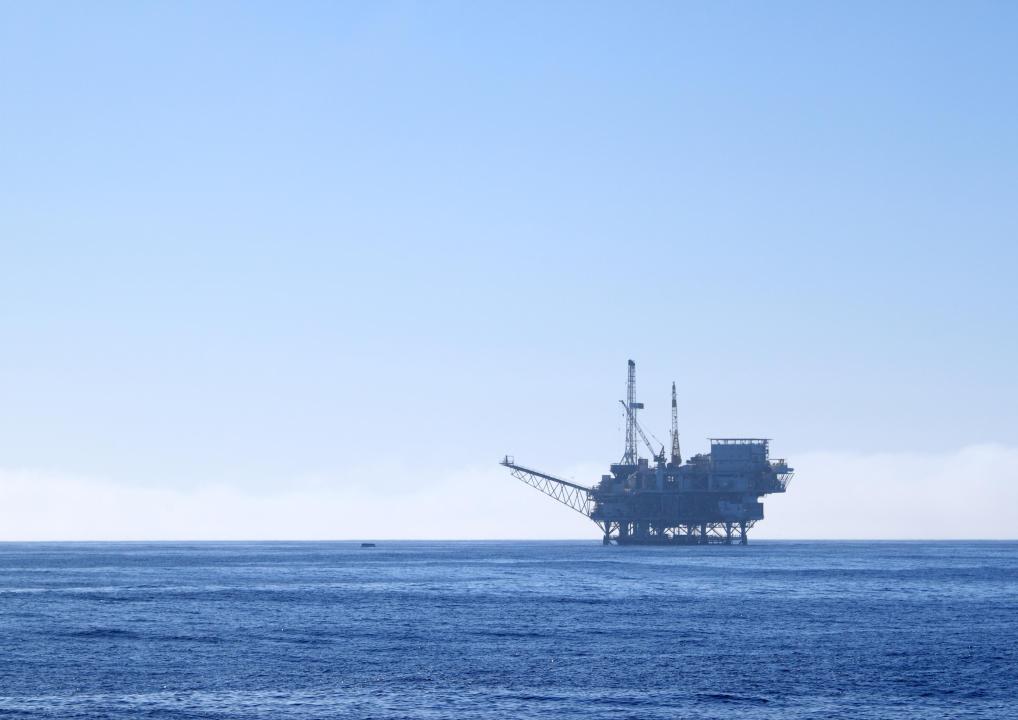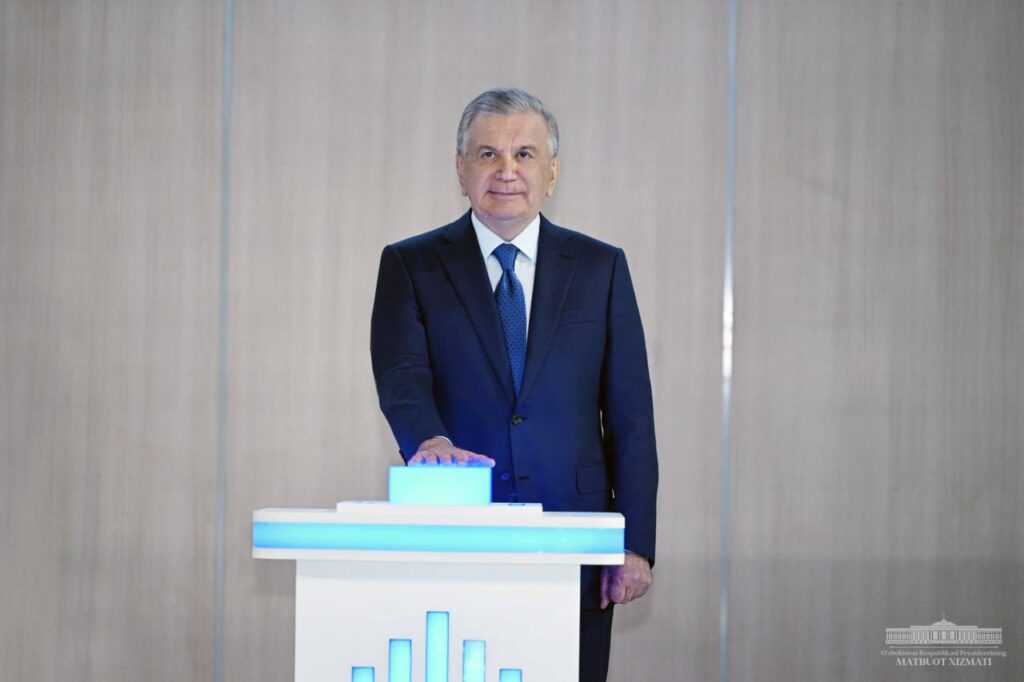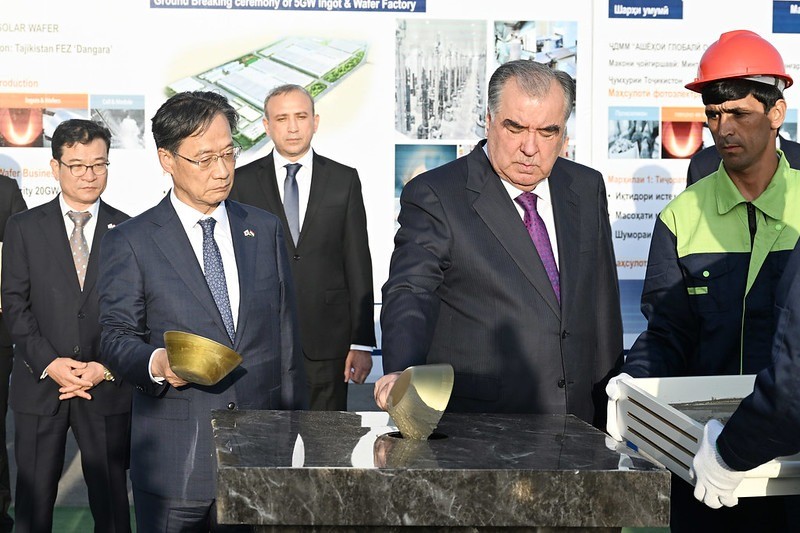Kazakhstan Actions ‘Lifelong Learning’
On 5 June, the Ministry of Labor and Social Protection of the Population of Kazakhstan issued a report on the success of courses delivered by the Skills Enbek vocational training platform. Since the beginning of 2024, 53.5 thousand citizens, including 27.2 thousand unemployed, have completed online courses conducted by Skills Enbek and a total of 427.2 thousand Kazakhs are now registered on the platform. Of the 27.2 thousand unemployed who have completed their training, around 8 thousand are youths based mainly in the regions of Aktobe, Turkestan, Kyzylorda, and Zhambyl regions, and the city of Shymkent. The platform offers 490 wide-ranging courses, lasting between 1-72 hours. The most popular courses last May, included: “Organizing a sales department in a hotel”, “Salesperson”, “Insurance agent”, “Individual assistant to accompany people with limited mobility,” and “Fundamentals of social entrepreneurship”. At present, 254 of the courses are free and the platform now plans to waive charges for training in various sectors including accommodation, food, construction, housing and communal services, social services, finance and accounting, and information technology. By expanding levels of education and professionalism in the country's population, the platform aims to both stimulate career development and promote the concept of “lifelong learning.”






